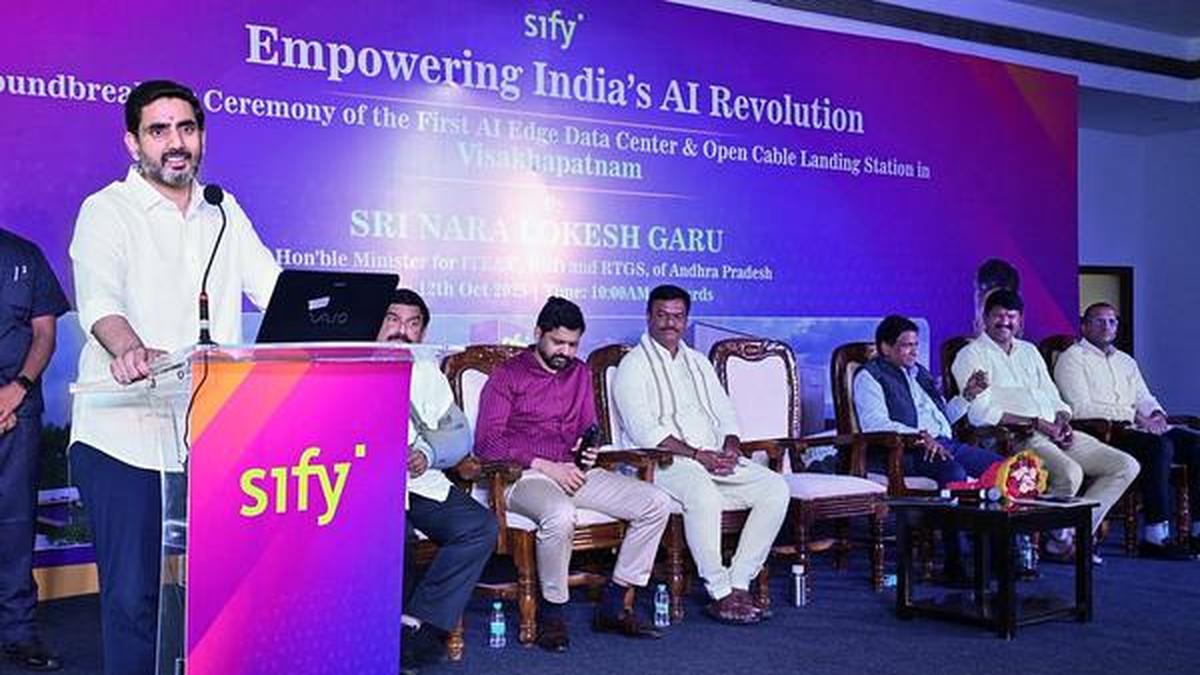During a warmer stretch of the Middle Pleistocene, early humans living in what is now Italy regularly butchered elephants for both food and usable materials, according to a study published October 8, 2025, in the open-access journal PLOS One by Beniamino Mecozzi of Sapienza University of Rome (Italy) and his research team.
Early humans often relied on animal carcasses for meat and tools, but clear evidence of such activities is rare and challenging to interpret in the archaeological record. In this new analysis, Mecozzi and his colleagues examined the remains of an elephant found at the Casal Lumbroso site in northwest Rome. By comparing surrounding layers of ash, they determined that the remains date back roughly 404,000 years to a notably warm phase of the Middle Pleistocene Epoch.
At the site, researchers uncovered more than 300 skeletal fragments belonging to a single straight-tusked elephant, Palaeoloxodon, along with over 500 stone tools. Many bones showed fresh fractures caused by blunt impacts soon after the elephant's death, indicating deliberate breakage. The absence of visible cut marks suggests that smaller tools were likely used to process soft tissue. Most of the stone tools measured under 30mm, possibly reflecting a scarcity of large stones in the area. Some elephant bones themselves were later reshaped into larger tools.
The site's characteristics align with several others in central Italy where butchered elephant remains appear alongside small stone tools and modified bones. Together, these findings point to a recurring pattern of behavior among ancient hominins during mild climate periods of the Middle Pleistocene. They also highlight central Italy as an important region for understanding how early Europeans obtained food and raw materials.
The researchers note: "Our study shows how, 400,000 years ago in the area of Rome, human groups were able to exploit an extraordinary resource like the elephant -- not only for food, but also by transforming its bones into tools."
"Reconstructing these events means bringing to life ancient and vanished scenarios, revealing a world where humans, animals, and ecosystems interacted in ways that still surprise and fascinate us today."
.png)
 19 hours ago
14
19 hours ago
14








 English (US) ·
English (US) ·